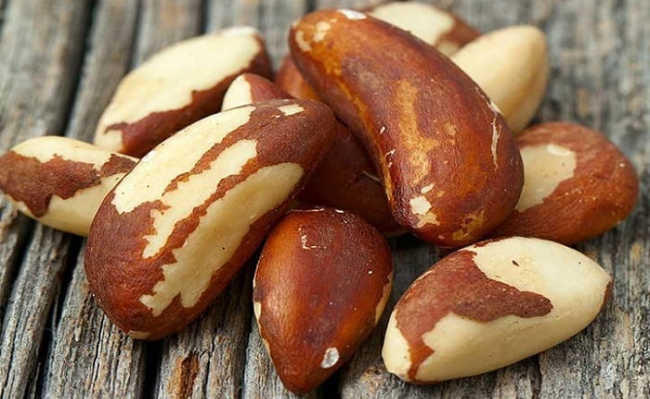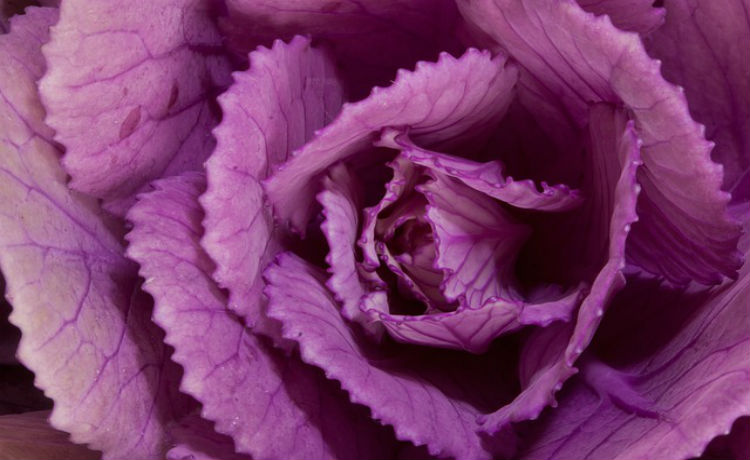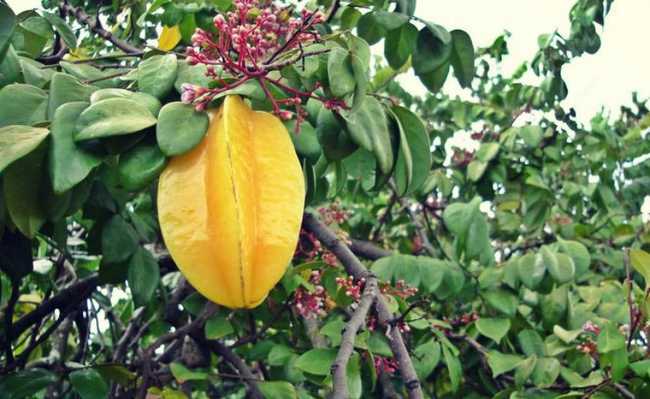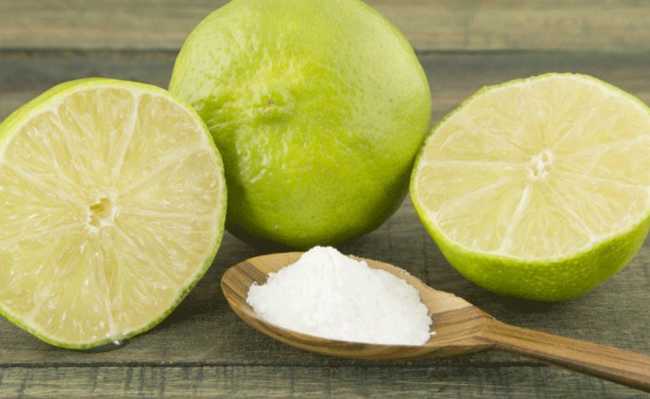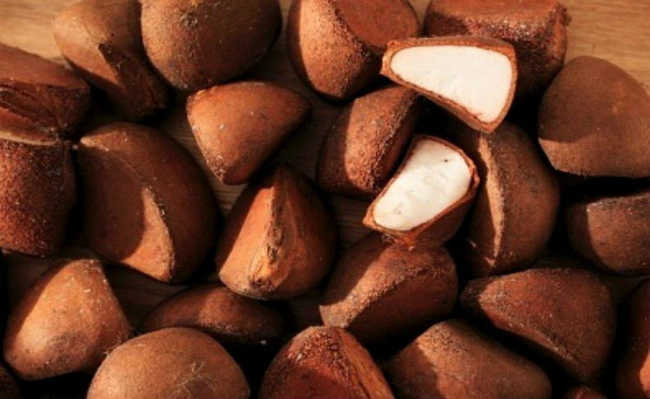The benefits of yerba mate
Yerba mate improves athletic performance, reduces the risk of heart disease, among other benefits
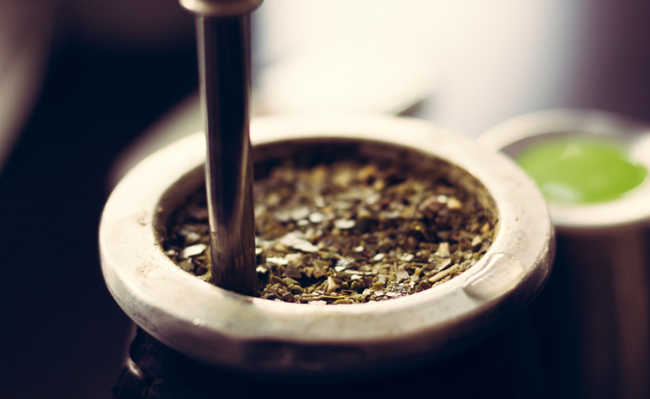
Edited and resized image by Jorge Zapata is available on Unsplash
Yerba mate is an herbal tea made from the leaves and branches of the plant. Ilex paraguariensis. The leaves are dehydrated on fire and then dipped in hot or cold water to infuse. The delicacy can provide several health benefits, such as improving athletic performance and focus, as well as helping to lose weight and lower the risk of heart disease.
In southern Brazil, Paraguay, Argentina, Uruguay, Bolivia and Chile, yerba mate is traditionally consumed in the form of chimarrão (when infused in hot water) or tererê (when infused in cold water ).
The culture of preparing chimarrão is a legacy left by the indigenous cultures of Caingangue, Guarani, Aymara and Quechua. The Guaraní Indians were the first to make use of yerba mate.
With the Spanish colonization, chimarrão was banned in southern Brazil during the 16th century, being considered "devil's herb" by the Jesuit priests. From the 17th century, on the other hand, the Jesuits started to encourage the consumption of mate with the objective of reducing the consumption of alcoholic beverages.When the yerba mate is roasted, it is called mate tea. This herb preparation format is more frequent in the southeast of the country, mainly in São Paulo and Rio de Janeiro, being the latter city's cultural and intangible heritage.
Yerba mate benefits
1. Rich in antioxidants and nutrients
Yerba mate contains several beneficial nutrients, including:- Xanthines: These compounds act as stimulants. And they include caffeine and theobromine, which are also found in coffee and chocolate;
- Caffeoil derivatives: these compounds are the main antioxidants of yerba mate;
- Saponins: These bitter compounds have certain anti-inflammatory properties and help lower cholesterol;
- Polyphenols: are a large group of antioxidants, associated with a lower risk of developing various diseases.
- Antioxidants: what are they and in what foods to find them
The antioxidant power of yerba mate is still superior to that of green tea (see study about it here: 1).
In addition, yerba mate may contain seven of the nine essential amino acids, in addition to almost all the vitamins and minerals needed by the body (see studies about it here: 2, 3).
However, a common serving of mate contains very small amounts of these nutrients.
- Green tea: benefits and what it is for
- What are amino acids and what are they for
2. Increases energy and mental focus
With 85 mg of caffeine per cup, yerba mate contains less caffeine than coffee, but more than other types of tea (see study about it here: 4).
Therefore, just like any other caffeinated food or drink, mate can boost energy levels and reduce the feeling of tiredness.
Caffeine can also affect the levels of certain signaling molecules in the brain, increasing mental focus (see studies about it here: 5 , 6).
Several human studies have observed improvement in alertness, short-term recovery, and reaction time in participants who consumed a single dose containing 37.5 to 450 mg of caffeine (see study about this: 7). To learn more about caffeine, take a look at the article: "Caffeine: from therapeutic effects to risks".
3. Improves physical performance
Caffeine, a substance present in yerba mate, is known to improve muscle contractions, reduce fatigue and improve sports performance by up to 5% (see studies about it here: 7, 8, 9, 10).
In one study, participants who ingested a one gram capsule of ground yerba mate burned 24% more fat during moderate-intensity exercise.
4. Protects against infections
Yerba mate can help prevent bacterial, parasitic and fungal infections.
In test tube studies, a high dose of yerba mate extract inactivated the bacteria E. coli, known to cause intoxication, stomach cramps and diarrhea (see studies about it here: 11, 12).
Yerba mate compounds can also prevent the growth of Malassezia furfur, a fungus responsible for scaly skin, dandruff and certain skin rashes (see study about it here: 13).
Yet another study suggests that yerba mate may offer intestinal protection against parasites.
However, most of these studies were done on isolated cells, and it is not clear whether these benefits apply to humans.
5. Helps you lose weight and belly fat
Animal studies have shown that yerba mate can reduce appetite and increase metabolism, which can help with weight loss. Another study concluded that the herb even lowers the total number of fat cells.
In another analysis, obese people who received three grams of yerba mate for 12 weeks lost an average of 1.5 kg. They also reduced their waist-to-hip ratio by 2%, which indicates a loss of belly fat.
In comparison, participants who received a placebo gained an average of 2.8 kg and increased their waist-to-hip ratio by 1% over the same 12-week period.
6. Improves the immune system
Yerba mate contains saponins, which are natural compounds with anti-inflammatory properties (see studies about it: 1, 14).
In addition, it provides small amounts of vitamin C, vitamin E, selenium and zinc. These antioxidants can strengthen the immune system and promote health (see studies on this here: 15, 16).
However, researchers have not yet investigated the direct effects of yerba mate on the human immune system.
7. It can lower blood sugar levels
Yerba mate can help lower blood sugar and diabetes complications. An animal study has shown that insulin levels improve after yerba mate administration.
8. May lower the risk of heart disease
Yerba mate contains antioxidant compounds, such as caffeine derivatives and polyphenols, which can protect against heart disease. Studies in cells and animals have concluded that mate extract may offer protection against heart disease (see studies on this here: 17, 18).
In another 40-day study, participants who ate 11 ml of yerba mate a day reduced their “bad” LDL cholesterol levels by 8.6–13.1%.

